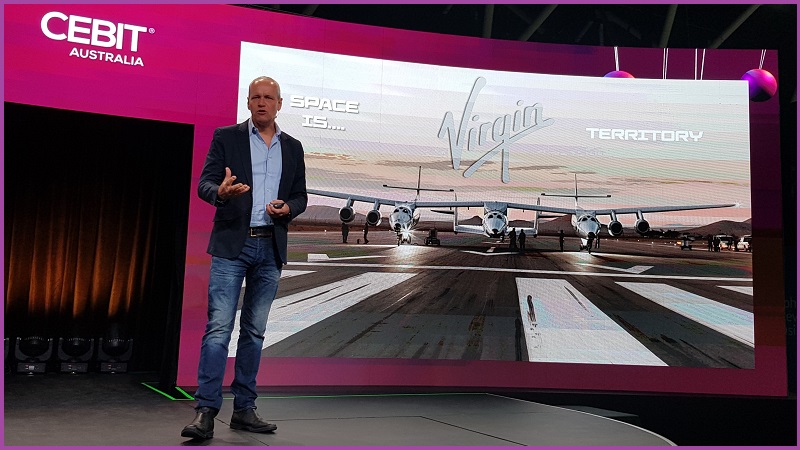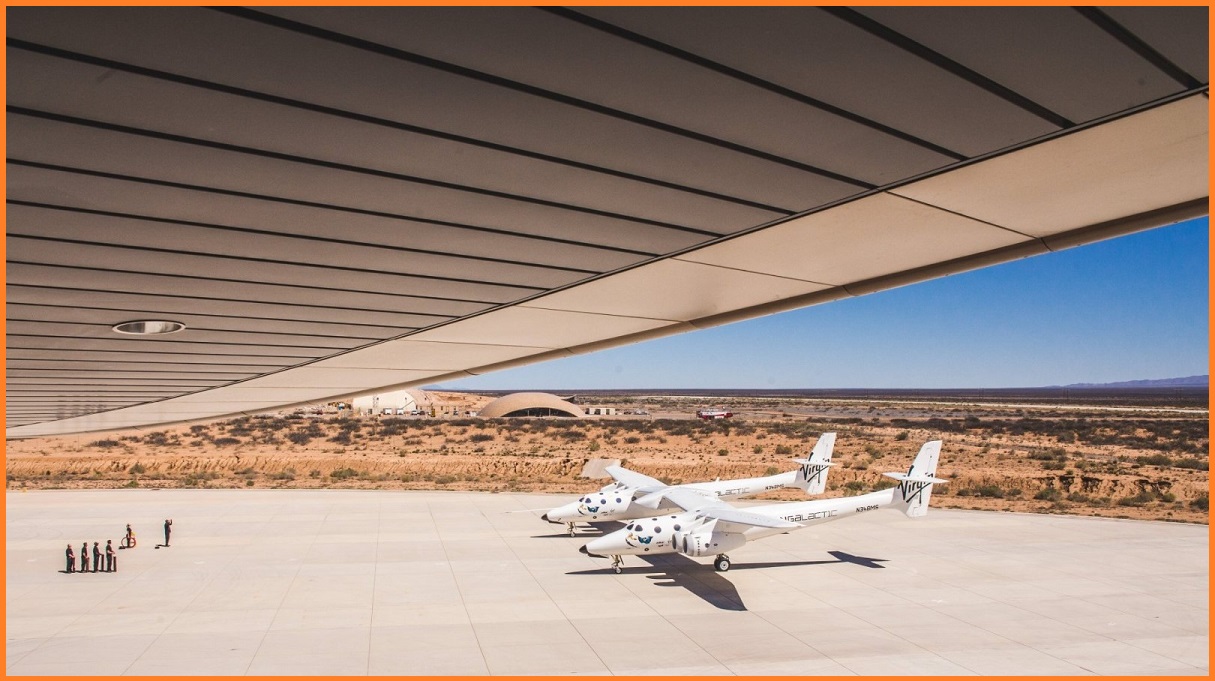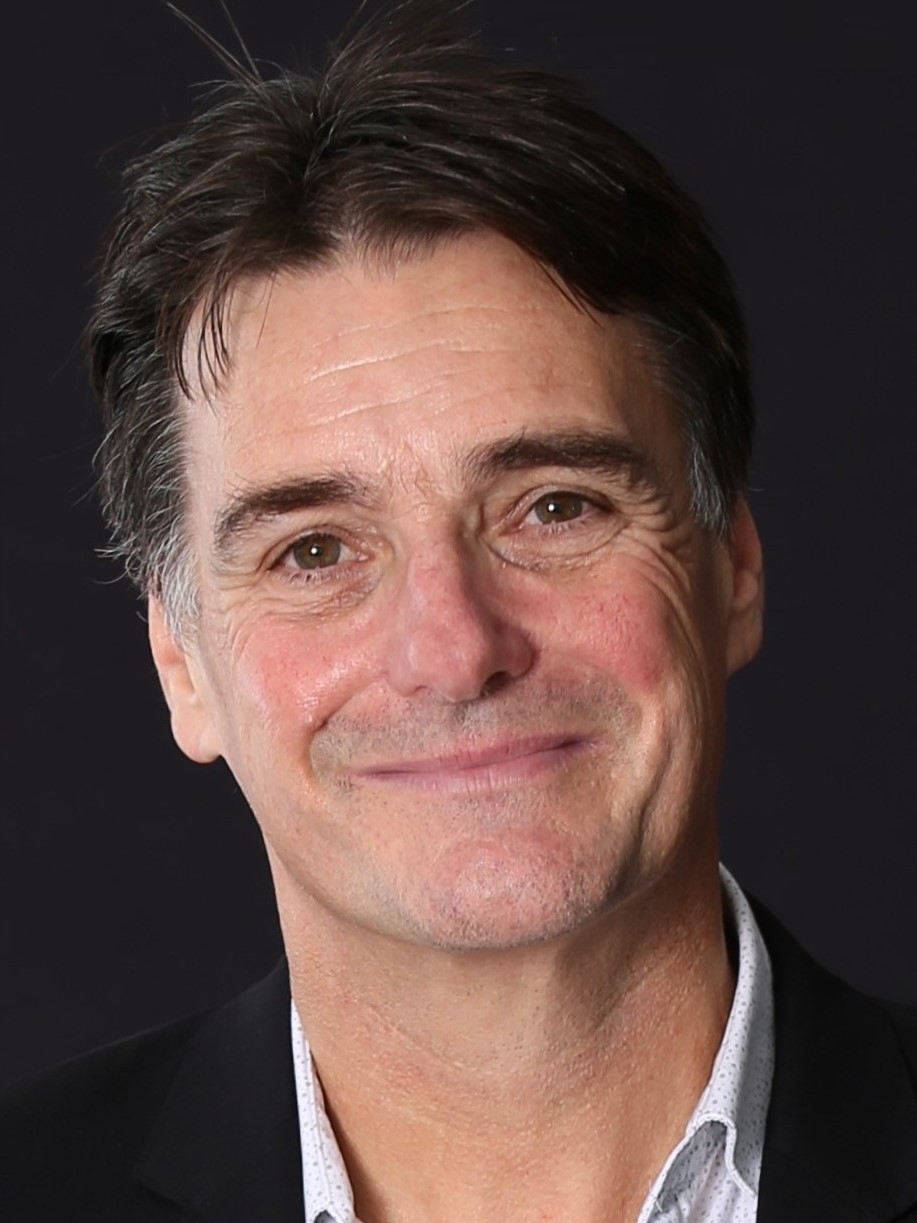Flying from London to Sydney or Melbourne in two hours could be a reality in the near future, says Virgin Galactic’s Commercial Director Stephen Attenborough.
But the commute to the airports may be a lot longer than we’re used to.
The Virgin Galactic boss told last week’s CeBIT conference in Sydney how the company aims to have out a worldwide network of spaceports which could see spaceships taking two hours to travel between Europe and Australia.
However, it’s unlikely the spacecraft will be taking off from airports close to the city.
“Theoretically the Unity can land on any airfield,” Attenborough told Information Age. “But practically you can’t use most airports as you have to maintain spacing with other aircraft. So landing at Heathrow or Sydney is probably not a great idea.
“Having quiet airspace is one of the reasons New Mexico was a suitable location for our first spaceport. Because of the White Sands Missile Base, there’s not many commercial flights passing through that part of the world.
“I expect that’s going to be a similar factor when we set up spaceports in other locations. They are going to be in sparsely populated areas.”
The main reason for choosing New Mexico for the spaceport was somewhat more practical, Attenborough said.
"They came to us with an incredible proposition, which was: 'if you bring us your spaceflights, we'll build you a spaceport' and after a bit of talking there was a shake of hands."

Virgin Galactic's Stephen Attenborough speaking at Sydney's CeBIT conference. Photo: Paul Wallbank
When asked if Australia might also join Virgin’s programs, Attenborough was non-committal saying the company was always open to working with partners but there hadn't been any discussions about local spaceport sites.
Australia’s role in the new space race faces more challenges though with a subsequent panel having mixed views on the likelihood of the Australian Space Agency meeting its 2030 target of 20,000 local jobs in the industry.
Paul Scully-Power, the NSW Space Ambassador said the target was, if anything, modest and was confident Australia could meet its targets but Andreas Antoniades, Lead Avionics Engineer of Sydney’s Sabre Astronautics, warned the nation’s dismantled manufacturing sector would make it harder to meaningfully participate in international space programs.
“We’re talking machining, testing and support staff, we need to have those skills to that be in the position to meet that target,” Antoniades said.
In his presentation Virgin Galactic’s Attenborough flagged the importance of those skills, saying the space industry is on the cusp of a wave of change as new business enter the industry.
"When you look at technologies that have been incredibly important to society, a lot of them start with government spending but when the private sector comes in with innovation and packaging and everything else the private sector does so well, that technology tends to change very quickly.
"It hasn't started with space but it's starting to happen.
"What Elon (Musk) is doing, when (Jeff) Bezos is doing, what Virgin Galactic is doing, is really saying that things are changing."










